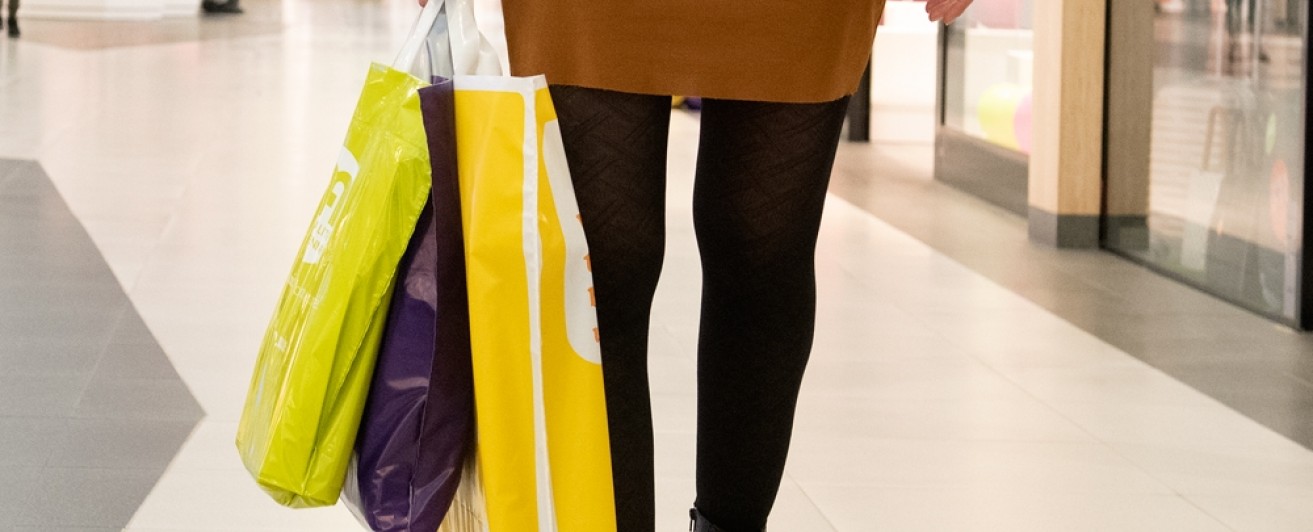
Reusable plastic bag - least harmful
Disposable plastic bags have been banned from use in supermarkets for some time now. Shops have switched to shopping bags made from all kinds of materials such as paper, cotton, jute, etc. A wise choice? Not really, according to research carried out by Test Aankoop that analysed the environmental impact of various shopping bags. And which bag should you choose? The answer is… a reusable plastic bag!
The reusable plastic bag took top spot
To determine the durability of the shopping bags, Test Aankoop analysed the ecological footprint of nine different shopping bags used for daily shopping. The entire process was examined, from the extraction of the raw materials to the printing of the bag and the final recycling. A calculation was carried out to see how often a bag needs to be used to neutralise the environmental impact. And guess what? The reusable LPDE bag is the most ecological of all shopping bags. Using this type of bag once or twice, whether or not the bag is made of recycled material or not, is enough to compensate for the ecological impact.
Furthermore, its counterpart in reusable, compostable plastic only needs to be used twice and takes second place. Further down the list are lightweight polyester bags (2 to 3 uses), polypropylene bags (3 to 4 uses), paper bags (8 uses), jute bags (36 to 68 uses), cotton bags (104 uses), organic cotton bags (154 uses), and finally the trolley, which you have to use no less than 709 times to make up for its environmental impact.
Why does plastic score so well?
Despite getting a bad image, plastic has some very useful and sustainable benefits. Less energy and raw materials are used to obtain the same, sturdy packaging compared to other materials. In addition, plastic is perfectly recyclable several times without sacrificing quality. Plastic packaging extends the shelf life of foodstuffs, is water-resistant, and promotes product hygiene.
The negative image of plastic is therefore certainly not due to the material itself. It is the plastic soup, litter, microplastics, etc. that threaten our ecosystems; in short, plastic in its end-of-life phase. Proper sorting and recycling of plastic packaging is the only environmentally responsible option.
Belgium leads the way in recycling
In recent years, Belgium has been fully focused on waste prevention and recycling, and can proudly call itself a European leader in this area. Thanks to a well-developed system of selective PMD (plastic, metal, drinks packaging) collection and sophisticated triage and recycling techniques, plastic also scores very high with us and our neighbouring countries in the end-of-life phase.
The plastic bag (and plastic packaging in general) therefore performs beyond expectations and, despite the paper hype, is an ecologically responsible and fully circular material.
